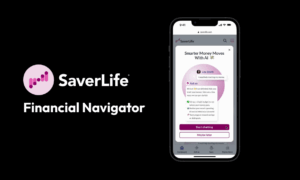Work, school, and parenting are putting low-income parents in an impossible bind
In this report, we explore the disparate impact of the pandemic on the parents we surveyed.
The reality is grim, but solutions are on the table
The situation for low-income parents of remote-schooled children is dire. These parents are earning less money and facing increased expenses while being forced to make impossible choices between work and family. This untenable situation has existed for a year and been met with inconsistent government support specifically for low-income parents with remote-schooled children.
These parents form a sizable voting bloc and have strong opinions on how the government could alleviate their struggles. For example, in a January poll, 30% of SaverLife members indicated that the highest priority for the new administration should be expanding the child tax credit.
Policymakers must think short-term and long-term. Well before the pandemic, low-income families were waging an uphill battle against poverty and inequality—and the COVID-19 pandemic has only made things worse. It’s the product of years of policies that keep low-income families trapped in the cycle of poverty. Now is the time to start undoing harm and redesigning the way we systematically address opportunity and mobility in our society and culture.
The parent trap
While the pandemic has impacted all parents of school-age children across the country, the struggles of low-income families are even more pronounced. In this report, we explore the disparate impact of the pandemic on the parents we surveyed.

What we found: Key findings
There is overwhelming proof that shows that cash makes a significant difference in helping families make the choices they need to, from paying rent to buying groceries.
Support teachers and districts in following reopening guidelines and ensure all students have the resources and support they need to succeed.
Help make childcare more available and affordable, and ensure a living wage for childcare providers and early childhood educators.
Fight child poverty with an expanded child tax credit to give working families more cash at tax time and throughout the year.
Support the hardest-hit communities at the front line of the health and economic COVID-19 crisis, including providing targeted support to small businesses, especially those owned by entrepreneurs of color, and recognizing and protecting essential workers.


